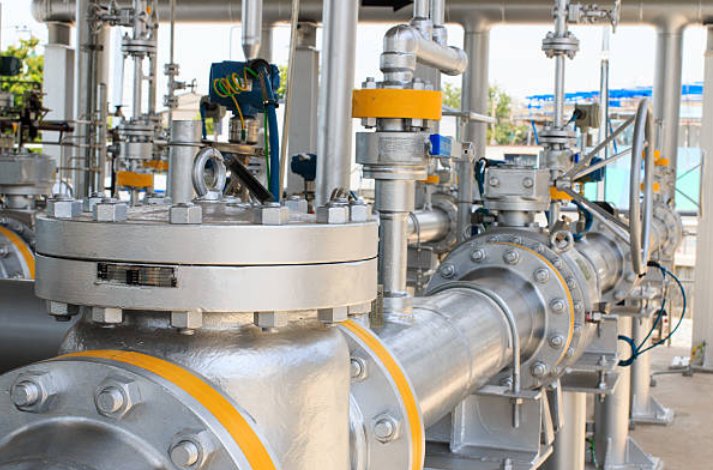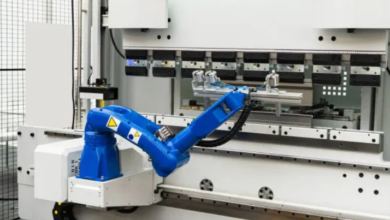Improving Industrial Efficiency with Advanced Oil Solutions

The Importance of Clean Oil in Industrial Operations
Industrial machinery depends heavily on oil for lubrication, cooling, and hydraulic functions. Over time, oil accumulates impurities such as water, dust, and metal particles, which can impair machinery performance. Contaminated oil leads to increased wear and tear, more frequent maintenance, and unexpected downtime, affecting productivity and profitability.
Maintaining clean oil is essential for long-term operational efficiency. Implementing an effective oil purification machine ensures that industrial equipment receives high-quality oil consistently, enhancing performance and reducing operational risks.
Key Advantages of Using Oil Purification Machines
Oil purification machines provide numerous benefits to industries, including:
- Extended machinery lifespan: Removing contaminants prevents friction and wear, keeping equipment in optimal condition.
- Operational reliability: Consistently clean oil reduces the risk of mechanical failures and unexpected stoppages.
- Cost efficiency: Reducing the need for frequent oil replacement and lowering maintenance expenses saves substantial operational costs.
- Environmental responsibility: Purifying and reusing oil minimizes waste, promoting eco-friendly industrial practices.
These advantages make oil purification machine a critical component of industrial maintenance and efficiency strategies.
Features of Modern Oil Purification Machines
Modern oil purification machines are designed to deliver high performance and adaptability. Key features include:
- Multi-stage filtration: Systems combine mechanical, chemical, and centrifugal methods to remove solid, liquid, and gaseous contaminants.
- Automated monitoring: Sensors track oil quality in real time, allowing operators to take preventive action before problems occur.
- Energy-efficient design: Machines are optimized for minimal energy consumption while maintaining high purification performance.
- Scalability: Equipment can be adapted for small workshops or large industrial plants, offering flexibility for various operations.
These features ensure that oil purification machines maintain oil quality, protect machinery, and enhance operational efficiency.
Types of Oil Purification Machines
Different industrial applications require specific types of oil purification machines:
- Centrifugal systems: Use centrifugal force to separate water and solids from oil, ideal for high-volume operations.
- Vacuum dehydration units: Remove moisture and dissolved gases, particularly effective for turbine and hydraulic oils.
- Filter-based machines: Mechanical filters trap solid impurities, maintaining oil clarity across diverse machinery types.
Selecting the right machine depends on the type of oil, contaminant levels, and the scale of operations.
See also: Applications of RGB Laser Module in Modern Technology
Benefits Beyond Machinery Protection
Oil purification machines offer advantages beyond extending the lifespan of industrial equipment:
- Enhanced operational efficiency: Cleaner oil reduces energy consumption and improves machinery performance.
- Safety improvements: Purified oil lowers the risk of overheating, corrosion, and equipment failure, ensuring safer industrial operations.
- Sustainable practices: Reusing oil reduces industrial waste and supports eco-friendly initiatives.
- Consistent product quality: Clean oil ensures machinery runs smoothly, contributing to consistent production standards.
These benefits demonstrate why investing in an oil purification machine is both an operational and strategic decision.
Maintenance and Operational Best Practices
To maximize the effectiveness of oil purification machines, regular maintenance and proper operation are essential:
- Routine inspections: Regularly check filters, sensors, and oil condition to detect early signs of contamination.
- Timely replacement of consumables: Ensure filters and other components are replaced as recommended to maintain performance.
- Operator training: Educate staff on machine operation and how to identify oil degradation early.
- Proper system integration: Correct installation and alignment with industrial equipment ensure smooth operation and minimize downtime.
Adhering to these practices ensures that oil purification machines deliver consistent performance and long-term reliability.
Economic and Industrial Implications
Investing in oil purification machines has tangible economic benefits. Cleaner oil extends machinery life, reduces maintenance frequency, and prevents unexpected production interruptions, leading to significant cost savings.
Operationally, high-quality oil improves machine efficiency, reduces energy consumption, and maintains consistent output quality. Environmentally, reusing purified oil helps industries comply with regulations and promotes sustainable practices.
Emerging Trends in Oil Purification Technology
The field of oil purification continues to evolve with innovations that enhance efficiency, sustainability, and automation:
- IoT-enabled machines: Enable remote monitoring, predictive maintenance, and real-time performance analytics.
- Eco-friendly filtration materials: Innovative filters minimize environmental impact while maintaining purification effectiveness.
- Compact and modular designs: Machines are easier to install, scale, and adapt to different industrial environments.
- Advanced multi-stage purification: Combining centrifugal, vacuum, and mechanical filtration achieves near-complete removal of contaminants.
These developments demonstrate that oil purification machines are becoming smarter, more efficient, and more environmentally responsible.
Choosing the Right Oil Purification Machine
Selecting the appropriate machine is essential to maximize operational and economic benefits:
- Operational requirements: Consider the type and volume of oil, level of contamination, and machinery specifications.
- Reliability and support: Work with manufacturers known for high-quality products and comprehensive technical support.
- Cost-effectiveness: Ensure the system balances purification performance with energy use and maintenance costs.
- Compliance with standards: Equipment should meet industrial safety and environmental regulations.
Partnering with a trusted supplier guarantees long-term reliability, consistent performance, and operational efficiency.
Conclusion
Oil purification machines are a crucial component of modern industrial operations. By maintaining oil quality, these systems enhance machinery performance, reduce maintenance costs, and support sustainable practices.
Advanced machines with multi-stage filtration, automated monitoring, and energy-efficient designs offer tangible operational advantages. Industries that invest in reliable oil purification machines benefit from increased equipment lifespan, enhanced operational efficiency, and long-term cost savings.
Adopting these systems is not merely a maintenance decision but a strategic investment in industrial performance, safety, and sustainability.



